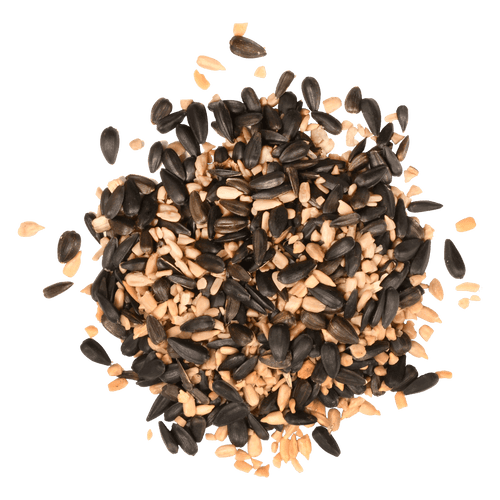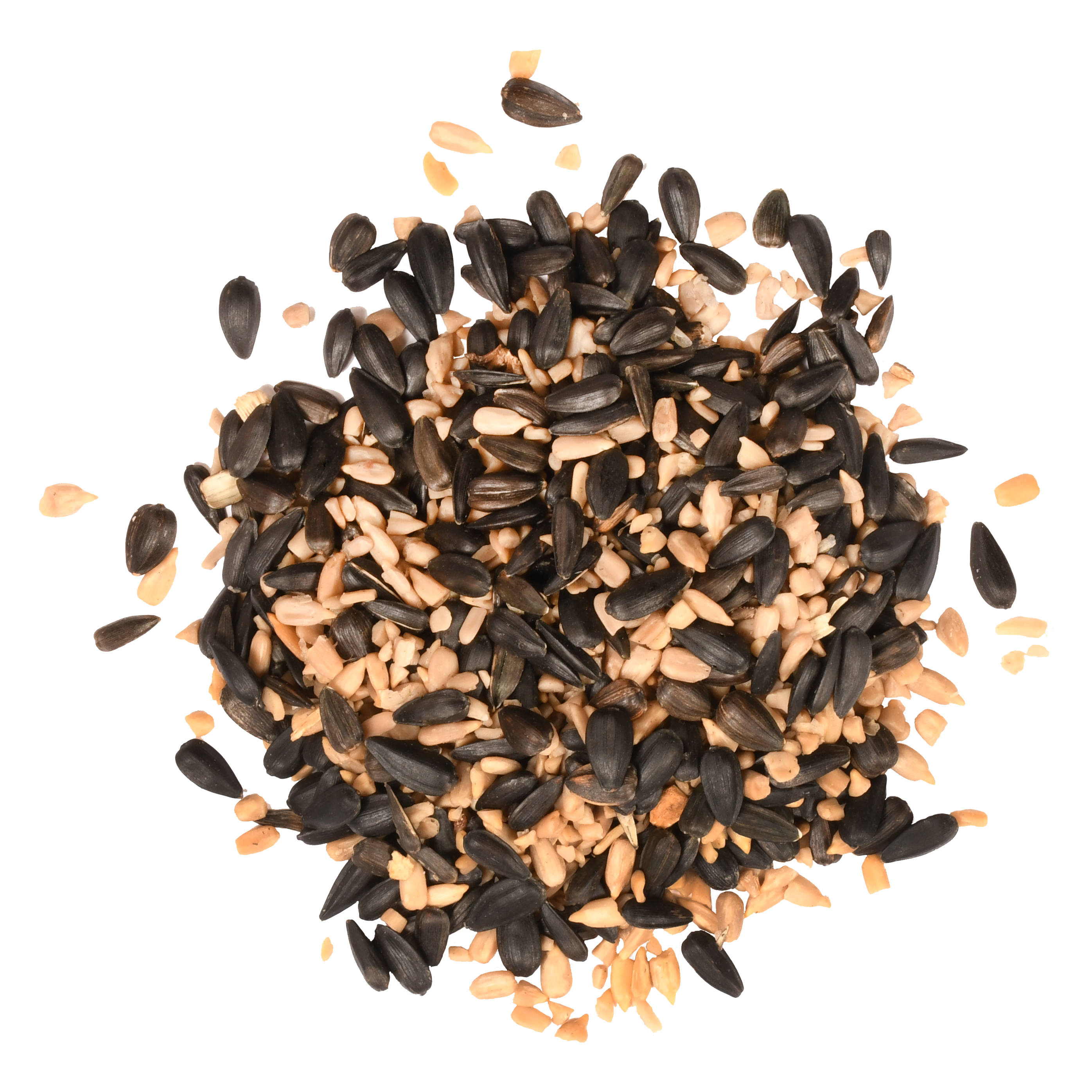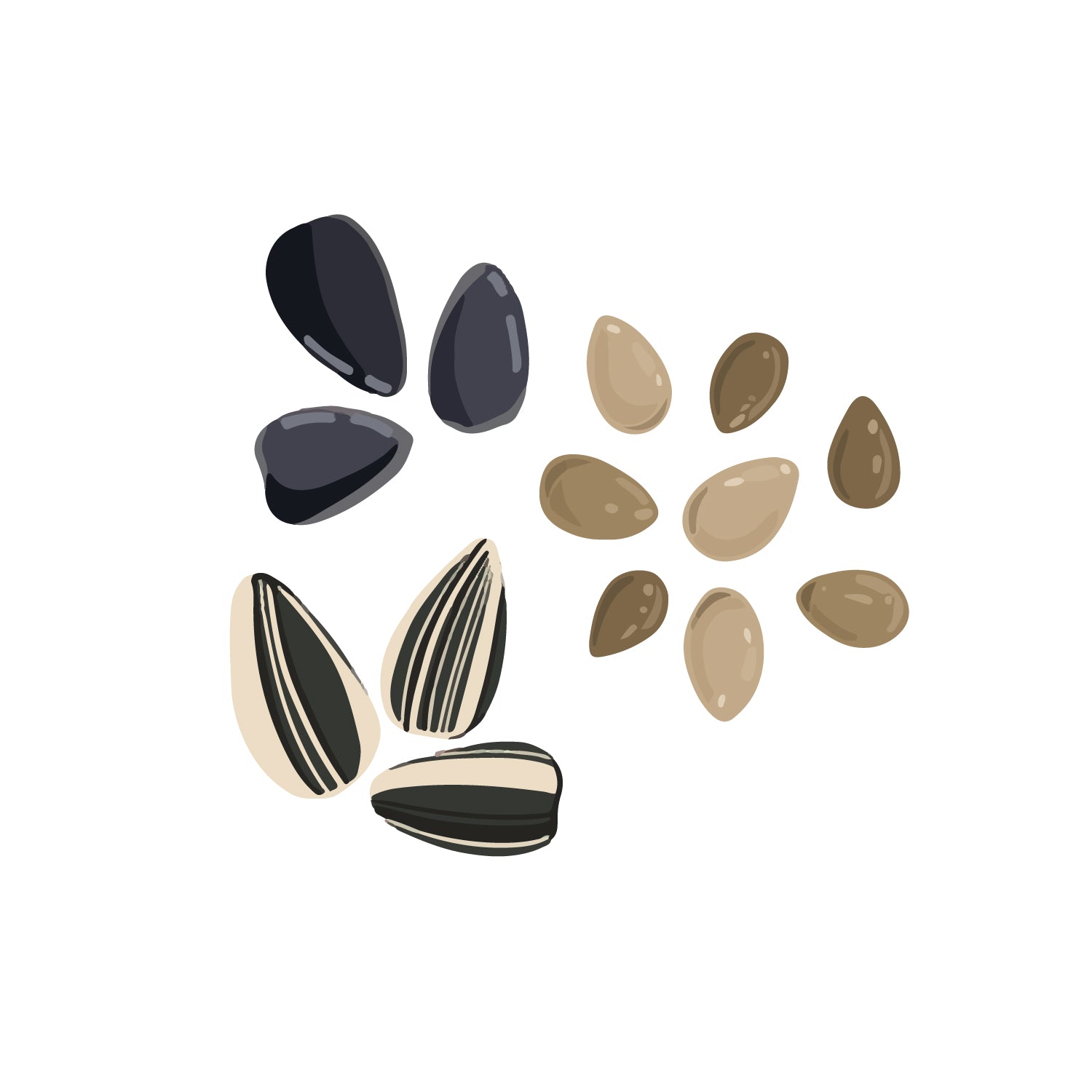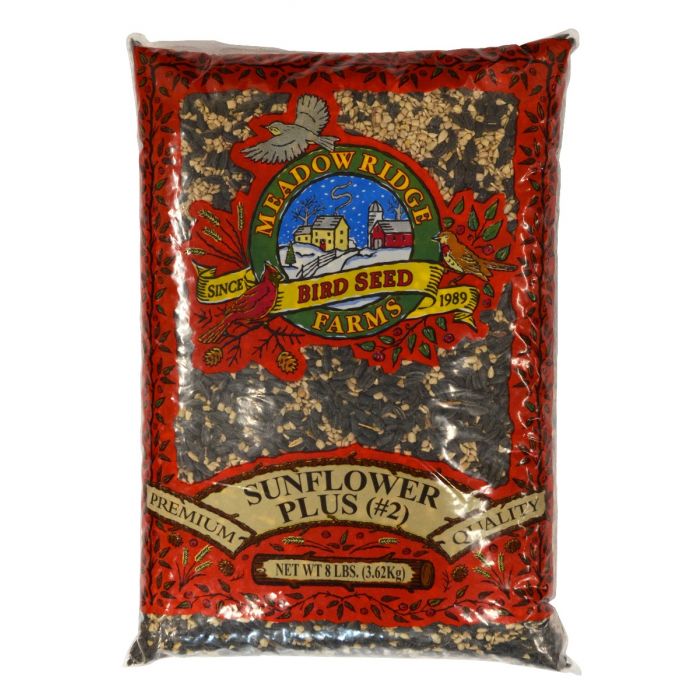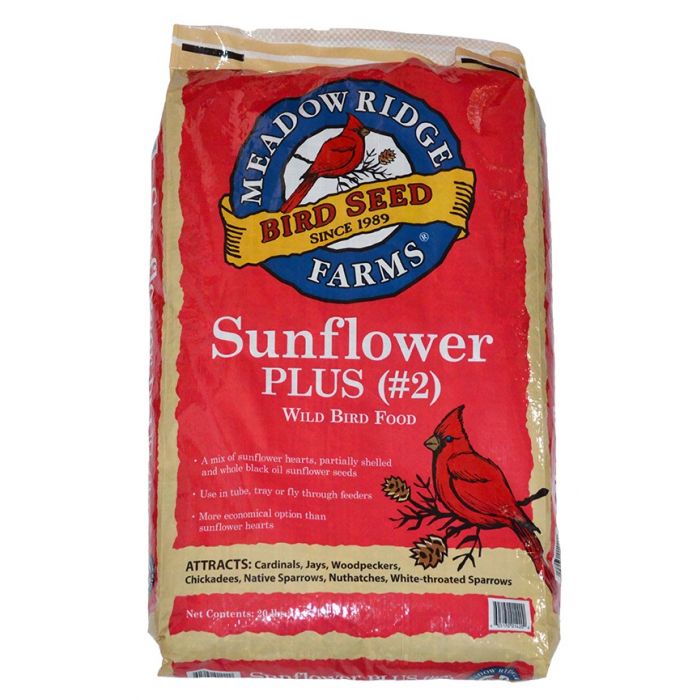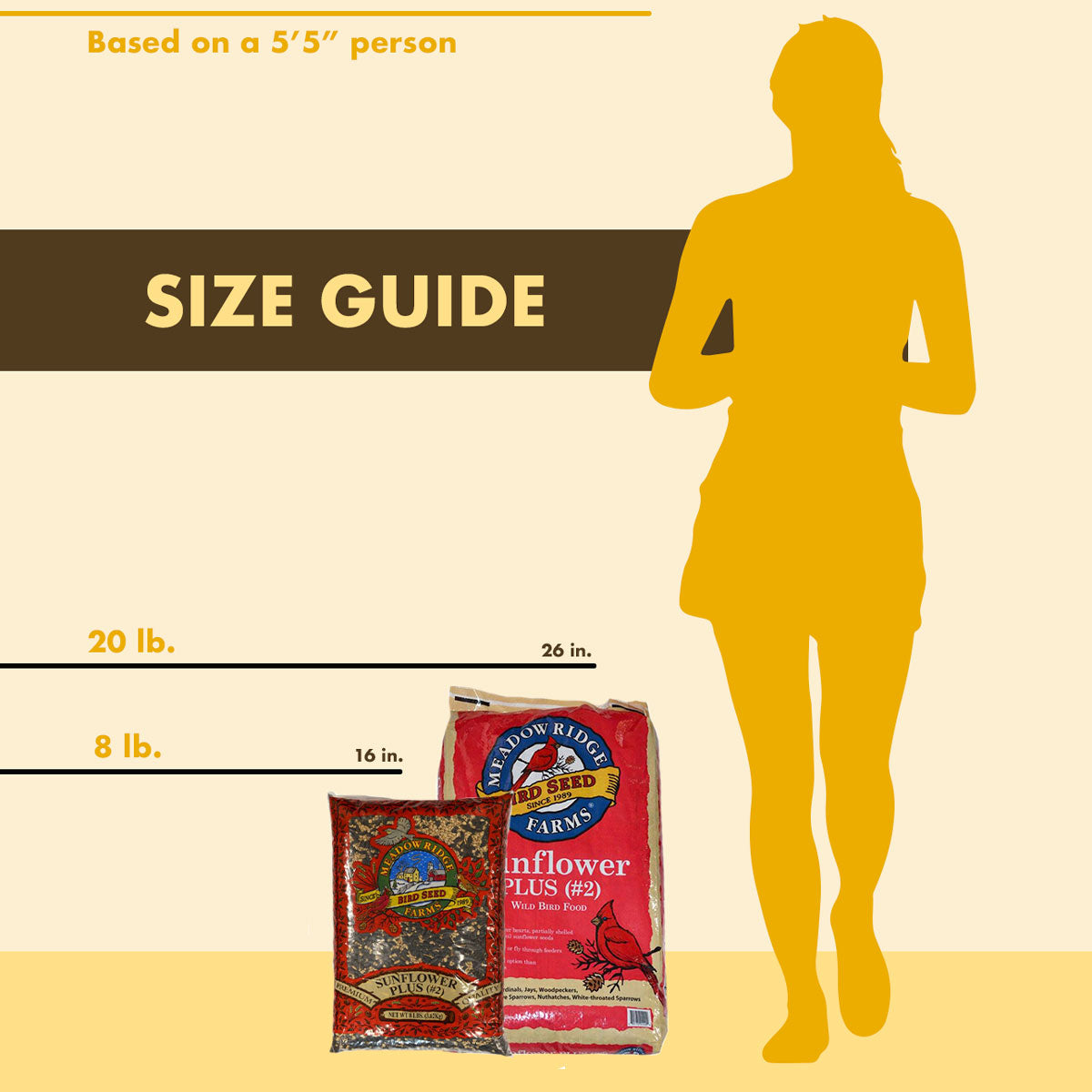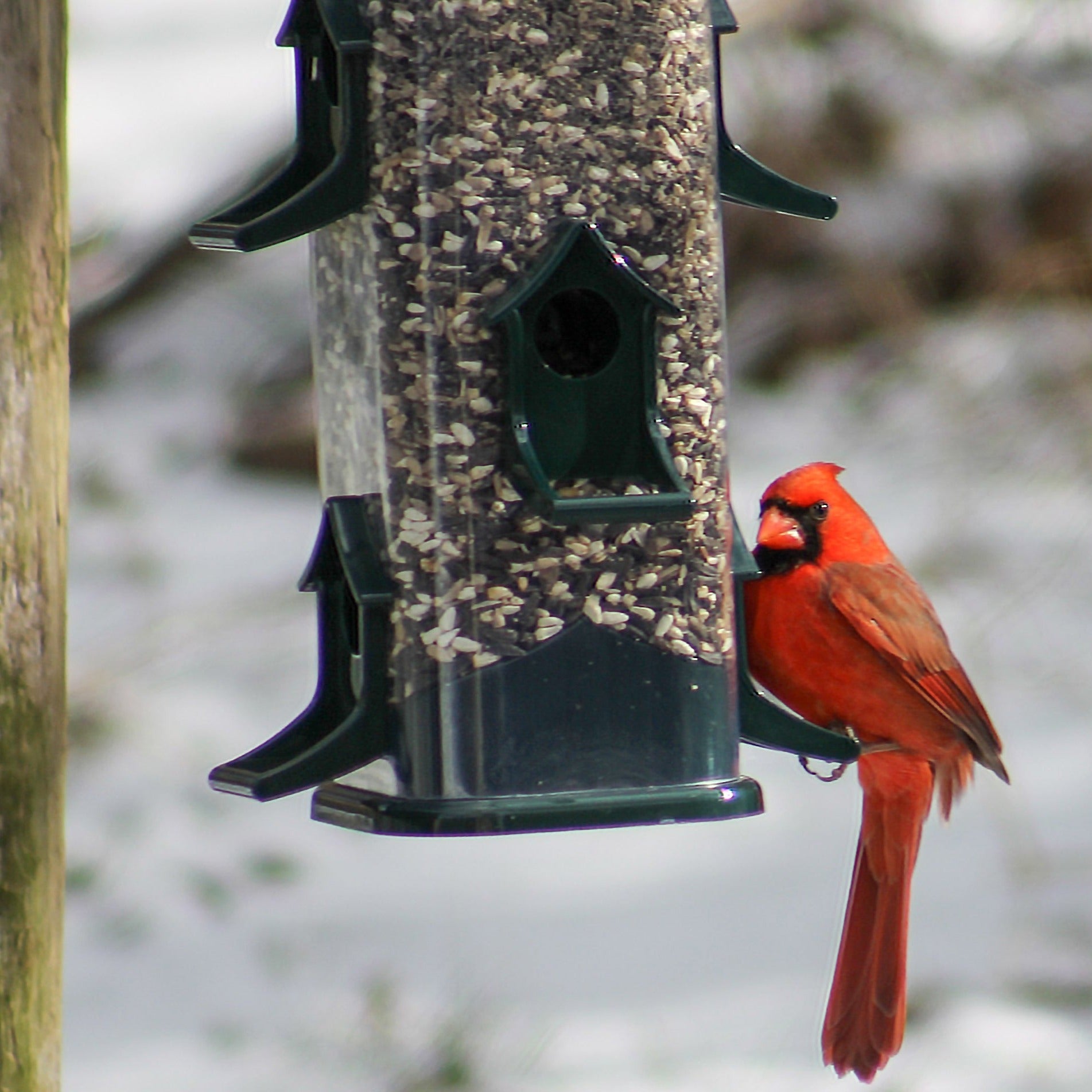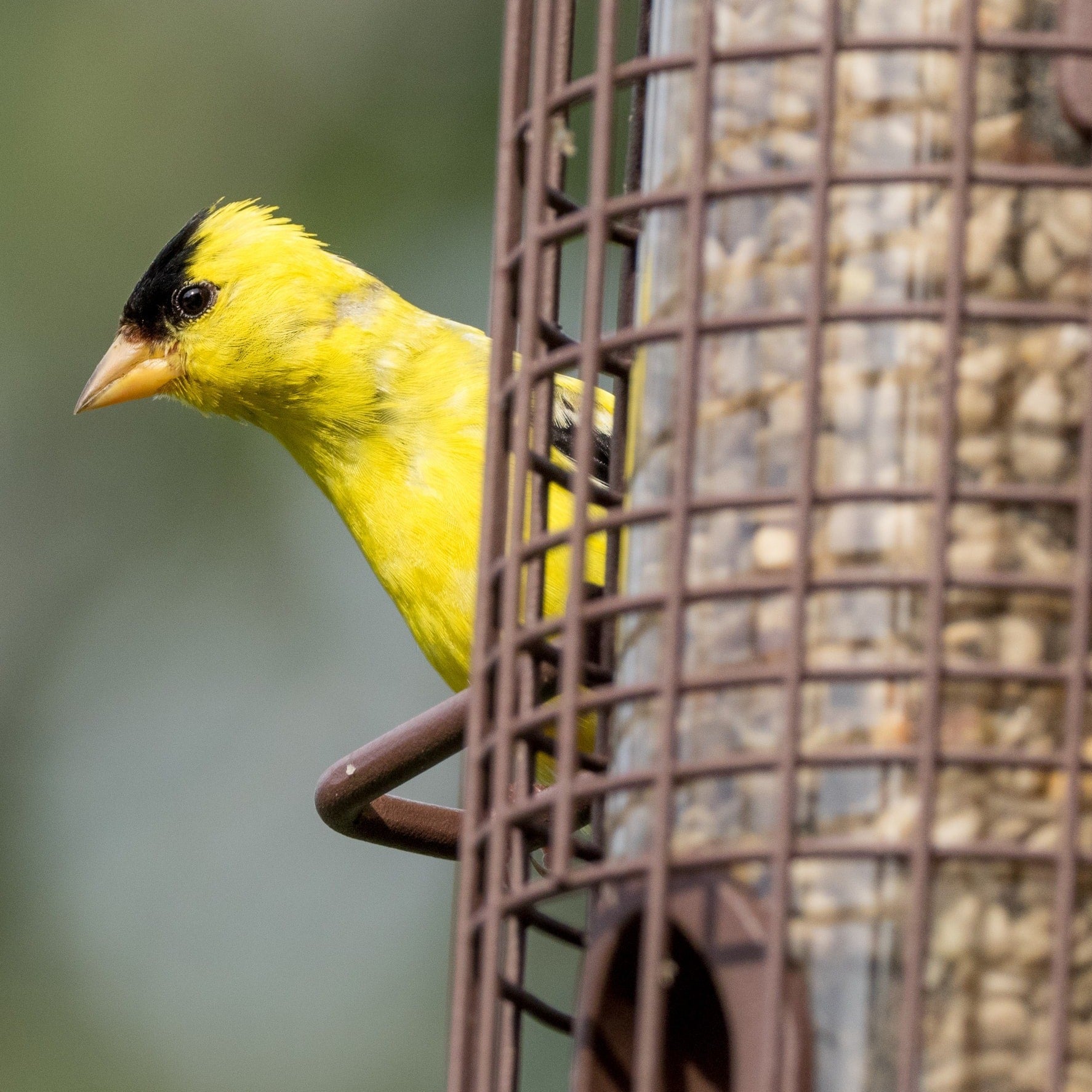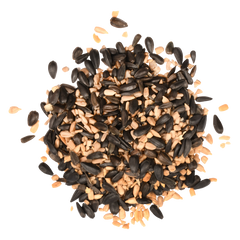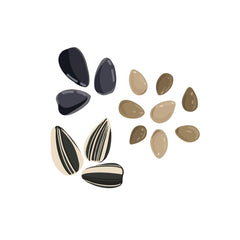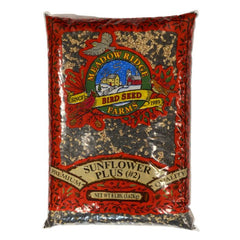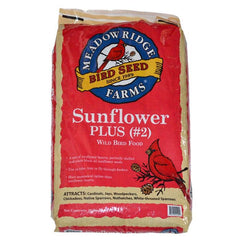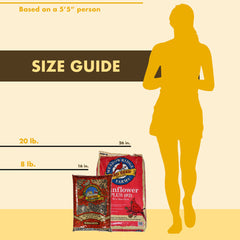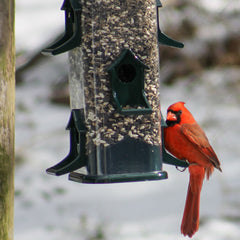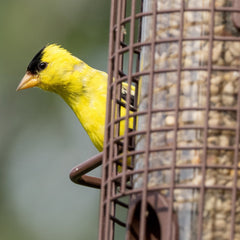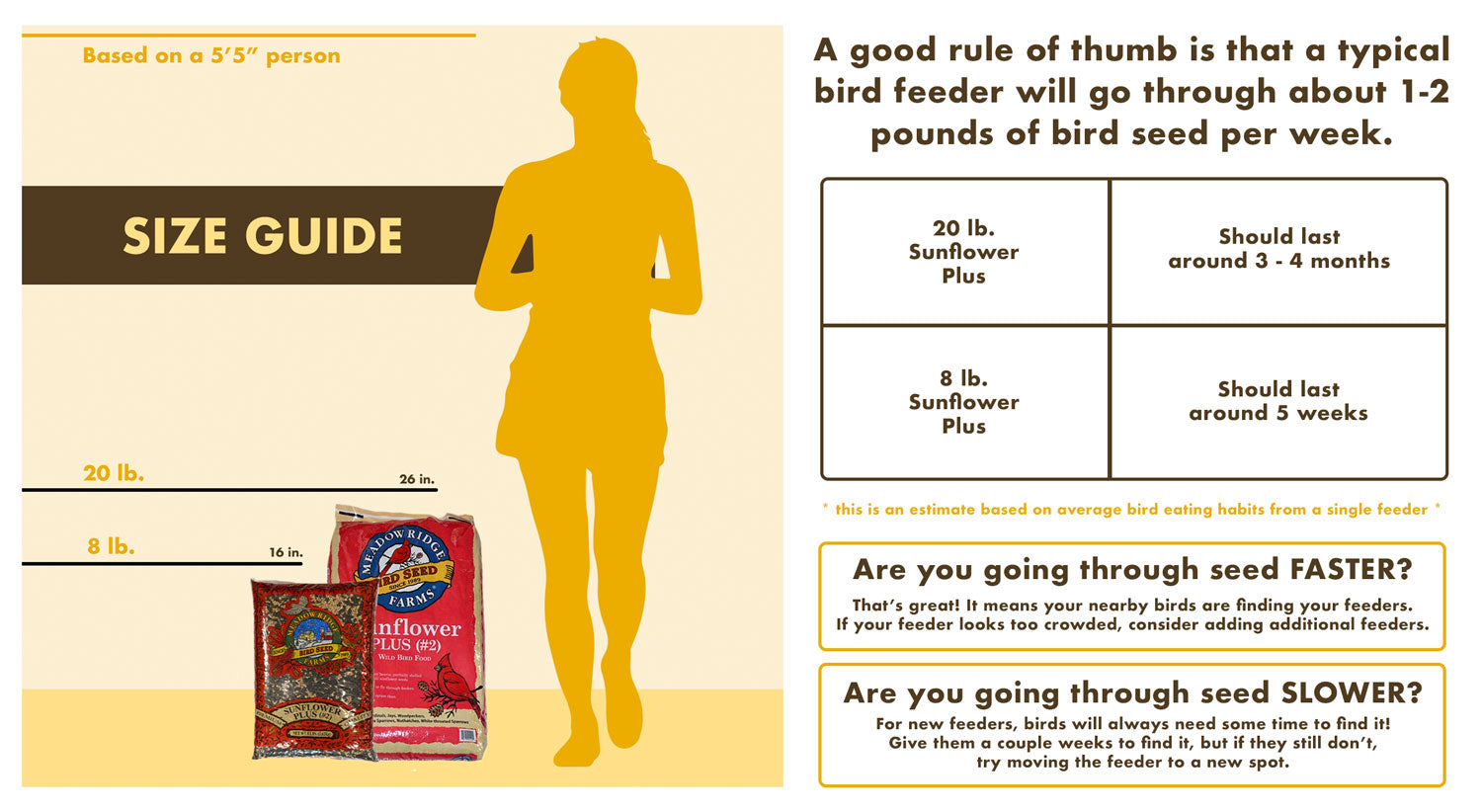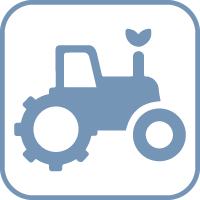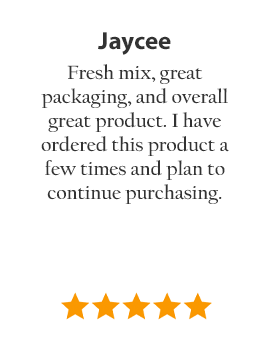Sunflower Plus
SKU:
The perfect combination of shelled and unshelled sunflower!
Meadow Ridge Farms Sunflower Plus is a step up from our standard black oil sunflower seeds as it blends unshelled black oil sunflower with shelled black oil sunflower hearts. This blend leads to less sprouting and mess around your feeders but still requires the birds to work a bit to get to each sunflower heart, making your bag last longer. Sunflower Plus provides the same nutritional value as typical black oil sunflower seed but with less waste.
Preferred by a wide variety of feeder birds, black oil sunflower seeds are a favorite of cardinals, finches, nuthatches, and many more. These seeds can be used in the following feeder types: tube, hopper, window, fly-through, platform, or tray feeders.
All our bird seed is made with the freshest and highest quality ingredients. Our mixes are blended and bagged daily at our historic mill in Delano, Minnesota.
The best ingredients
& Where they come from

Responsibly Sourced
Blended Fresh Daily
Tips for buying & storing bird seed:
-
How much bird seed do I need?
The amount of birds in your area and time of year are the biggest factors in how much bird seed you will go through, but a good rule of thumb is that a typical bird feeder will go through about 1-2 pounds of bird seed per week. -
Are the bags easy to carry?
Our 10 pound bags are definitely the easiest to carry and you can fill your feeders directly from the bag. The 20 pound bags are manageable by most adults but can still be a bit heavy if trying to fill your feeders directly from the bag, and it is recommended you use a scooper or transfer the seeds to a smaller container before filling your feeders. -
Storing your bird seed
Regardless of what size bag you buy, it is CRUCIAL that you always store your leftover bird seed in an airtight container that is rodent-proof. It's best to keep your container in a cool, dry place. This will both keep the bird seed fresh as well as free from being eaten by unwanted pests. It's also important not to mix new bird seed with old bird seed.

Trusted By Customers. Loved by Birds.
Where should I place my feeders?
The placement of your feeders will depend on your yard or balcony size. For smaller yards, many people choose to just have one feeder, and it's best to place it about 10 feet away from trees or shrubbery so birds can safely fly to the feeder and back to the shelter to perch. For larger yards, having multiple feeders and feeder types is a great way to attract the most birds as possible. As the birds nest, they become more territorial and spacing feeders throughout your yard is critical so birds can comfortably come to the feeders.
There are no birds at my feeder, what am i doing wrong?
If you are adding feeders to your yard for the first time, it's important to remember that it can take time for birds to discover the new food source. During warmer months, when there is an abundance of natural food available, birds will come by less often. As the temperature cools, bird feeders begin seeing much more traffic. It can also help to try at least two feeders and two different bird seed blends to attract as many species as possible. Another quick trick to attract birds to your feeder is to also add a bird bath nearby, particularly a heated bird bath in winter when water is hard to come by.
How should I store my seeds?
Always store your leftover bird seed in an airtight container that is rodent-proof. It's best to keep your container in a cool, dry place. This will both keep the bird seed fresh as well as free from being eaten by unwanted pests. It's also important not to mix new bird seed with old bird seed.
When will I need to buy a new bag of bird seed?
The amount of birds in your area and time of year are the biggest factors in how much bird seed you will go through, but a good rule of thumb is that a typical bird feeder will go through about 1-2 pounds of bird seed per week.
How do I keep squirrels away?
There are hundreds of "proven" methods to deterring squirrels from bird feeders, but there are three options things you can do that give the squirrels the hardest time getting to your bird seed:
Question not answered?
Our Promise to You

The ForTheBirds.com Team
& Our Feathered Friends
